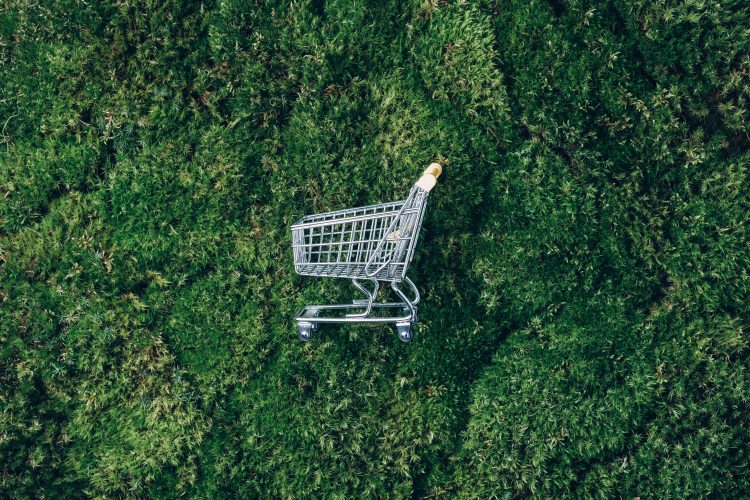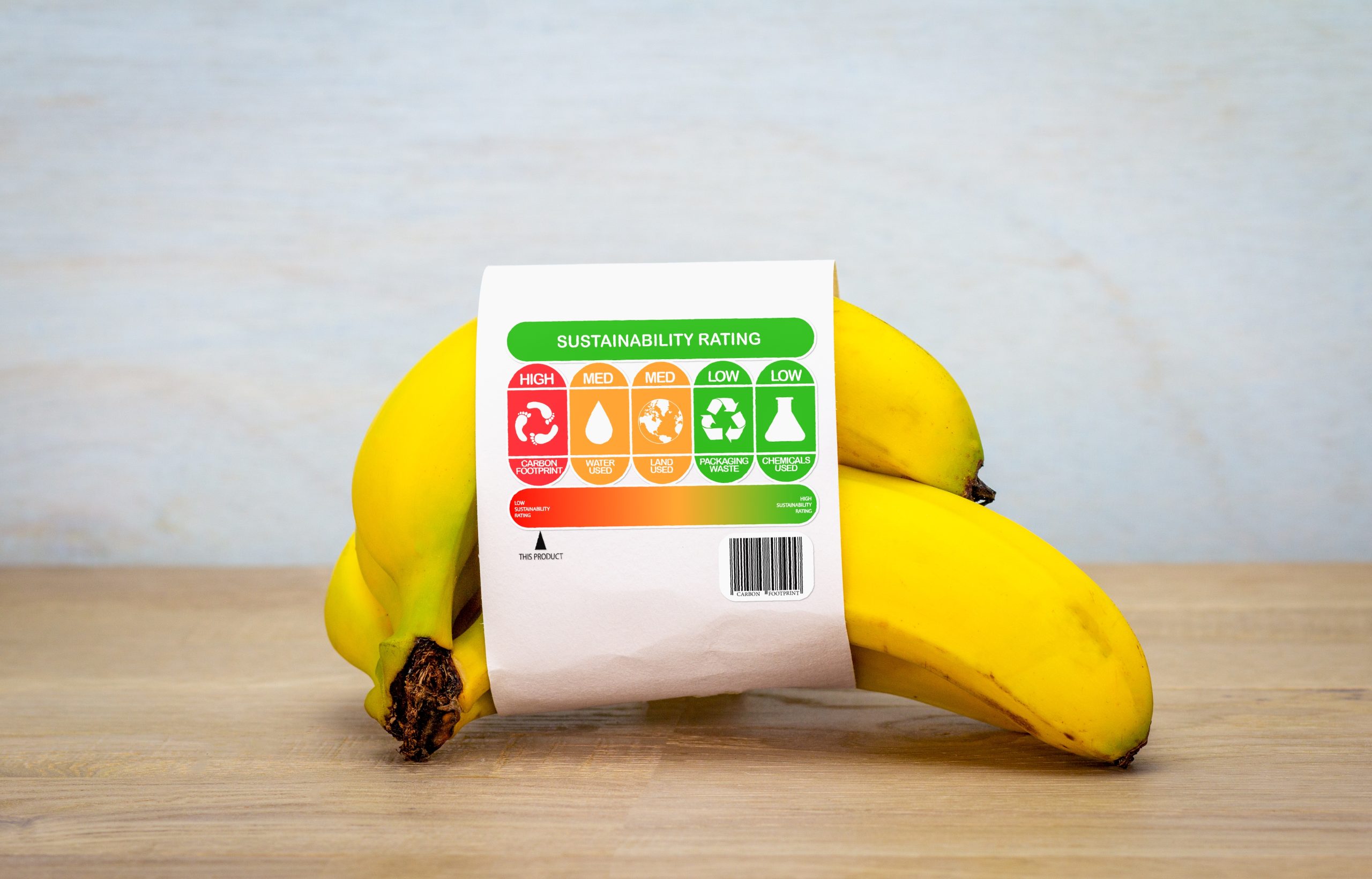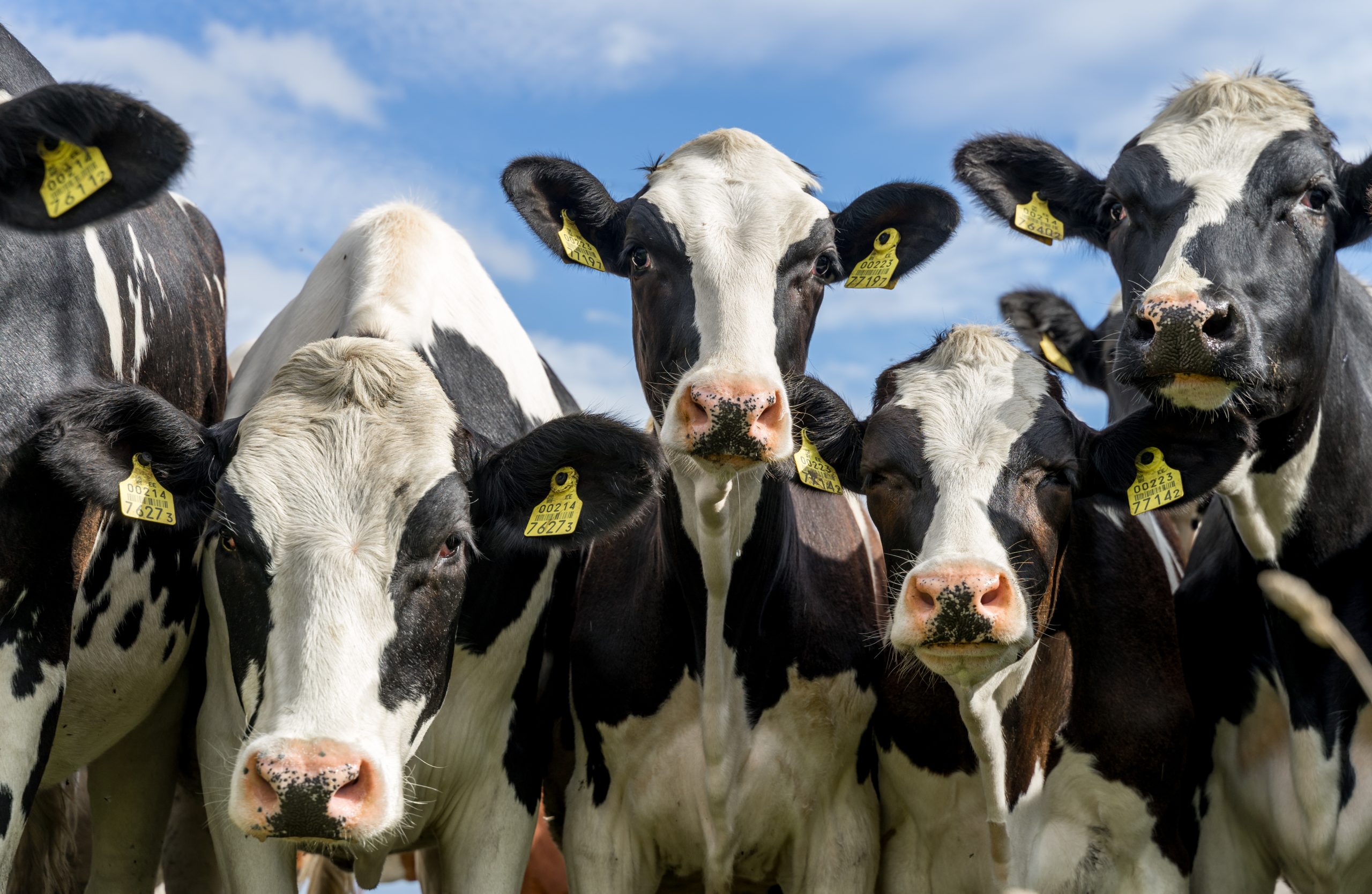Sustainability: Is it now or never?
- Like
- Digg
- Del
- Tumblr
- VKontakte
- Buffer
- Love This
- Odnoklassniki
- Meneame
- Blogger
- Amazon
- Yahoo Mail
- Gmail
- AOL
- Newsvine
- HackerNews
- Evernote
- MySpace
- Mail.ru
- Viadeo
- Line
- Comments
- Yummly
- SMS
- Viber
- Telegram
- Subscribe
- Skype
- Facebook Messenger
- Kakao
- LiveJournal
- Yammer
- Edgar
- Fintel
- Mix
- Instapaper
- Copy Link
Posted: 19 December 2022 | Grace Galler | No comments yet
With companies across the UK making sustainable changes, is now really the best time to put sustainability in the spotlight? Find out what CEO of Reewild Freddie Lintell told New Food’s Grace Galler here…


Sustainability is of course a key term in the food and beverage industry. Many companies across the UK are making sustainable changes, both to achieve their self-made goals and to satisfy consumer desire for more climate-friendly food systems – but is now really the right time when there are various other pertinent food concerns?
Speaking to New Food, Freddie Lintell, CEO and Founder of Reewild, claimed that there has been a recent shift towards “sustainable purchasing power”, meaning that many consumers are now making the conscious decision to purchase sustainably sourced food.
However, with food inflation to contend with, has sustainability fallen off British consumers’ shopping list and been replaced with affordable basics? Lintell doesn’t seem to think so.
What is sustainable food?
According to Sustain Web, there is no legal definition of ‘sustainable food,’ though other terms such as ‘organic’ and ‘Fairtrade’ are clearly defined.
Thus, without its own label, the definition of ‘sustainable’ food seems to be more subjective. Sustain Web says that it should be attributed to foods that contribute to thriving local economies and sustainable livelihoods, protect the diversity of both plants and animals and the welfare of farmed and wild species and avoid damaging or wasting natural resources or contributing to climate change.
However, Lintell’s stamp of sustainability approval would include “looking into the climate impact of each product” to weigh up its eco-friendly status.
Although sustainability (when it comes to food) has a slightly different meaning depending on who you ask, Harvard University has emphasised that “is is more than a trending buzzword”.
Putting one interpretation in bold, Harvard has cited that the most frequently quoted definition was put forth by the UN’s Brundtland Commission on sustainable development in 1987: “Sustainable development [meets] the needs of the present without compromising the ability of future generations to meet their own needs.”
Why is sustainability appetising for consumers?
Lintell told New Food that consumers in today’s society are “leaning towards wanting to buy lower impact products” and research from Consultancy UK agrees, highlighting that 36 percent of consumers are “often or always choosing brands with good sustainability credentials”.
Suggesting that the desire for sustainable produce comes both from the consumer themselves and retailer marketing, Lintell emphasised that education is key in the drive for sustainable purchasing.
“Sustainability is being pushed by some of the retailers. There are already significant developments with brands adding carbon labels to brand products so that they can educate consumers on which products have a higher environmental impact than others.”
What’s more, Unilever has announced that it will be adding carbon labels to all brand products by 2024. This means that consumers will easily be able to see the environmental impact of their purchased at a glance in the supermarket thus raising eco-awareness.


Lintell noted that several companies are using carbon labels on their products to explain its environmental impact
And it doesn’t stop there, Lintell also claimed that companies such as Tesco, Carrefour, Costa Coffee and Aldi will be trialling carbon labels in their stores, making sustainability a hard to ignore term when out and about, perhaps altering purchases for the greener.
Three ways for companies to reduce their environmental impact
Providing a handy list for companies to follow so that they can get a (metaphorical) green badge of honour, Lintell has advised that businesses should conduct life cycle assessments of their products so that they can identify carbon emission hotspots within their supply chain, allowing them to “take action of the back of these assessments so they can reduce their overall emissions”.
Secondly, Lintell urged companies to collaborate with their suppliers so that practices can be holistically improved and emissions can be reduced.
Thirdly, Lintell suggested “moving away from carbon intensive producers” as “often, changing one or two ingredients can reduce the carbon emission impact of a singular product”.
The unsustainable product award goes to…
Even though some companies have made changes to their production process to be more environmentally friendly, Lintell cited red meat (specifically beef) as having a particularly negative impact on the environment.
According to the National Farmers’ Union (NFU) the total emissions from UK agriculture amounted to 45.6mt/CO2e (which was around 10 percent of the UK’s total emissions). Significantly, it noted that cattle and sheep accounted for 26.2mt/CO2e (5.7 percent of the UK’s total emissions).


Meat consumption is responsible for releasing greenhouse gases such as methane, CO2, and nitrous oxide, says says Future Learn
However, Lintell optimistically suggested that with “regenerative farming moving up everyone’s agenda at the moment, grass fed beef can have a significantly lower impact than intensively farmed cattle”. This suggests that there is now a sustainable way to consume red meat, avoiding the need to make the total switch to plant-based alternatives to help the environment.
Raising awareness
In a bid to inform consumers of their sustainable spending habits, Lintell told New Food a little more about Reewild, labelling it a “climate impact tracking app for consumers to track their carbon footprint”.
Calling it a “Fitbit for your carbon footprint”, the CEO suggested that consumers “love tracking personalised information about themselves” and Reewild allows them to use its “positive reinforcing feedback loop” to “buy lower impact products”.
Lintell also explained how the Footsteps platform is working to support the food industry by acting as a carbon calculator.
“It is a far more scalable solution than every single brand and retailer conducting bespoke cases which can be incredibly time consuming. Instead, Footsteps enables brands to carbon score their products using a mix of primary and secondary data.”
Green power to the people
While it’s great to have the option to buy ‘sustainable’ products in many supermarkets, can Brits afford to prioritise sustainability in the current economic climate?
New Food recently reported that food manufacturers are struggling to prioritise sustainability, with 93 percent of the surveyed food producers and manufactures admitting that “sustainability is no longer a priority”.
However, there is still interest in eco-friendly food production, and where there is demand there is opportunity. Lintell explained that even though “price is a big factor when it comes to purchasing decisions”, consumer awareness around sustainable products is “still front and centre”.
Imploring the UK Government to make changes, Lintell concluded: “I think the Government should try and realign some of their subsidy packages towards lower impact products rather than carbon intensive industries to help bring about that change.”
Although there is now widespread availability of sustainably sourced food products, there is still the omnipresent issue of food waste (both in the UK and globally), suggesting there are still changes to be made to ensure that sustainable food consumption gets back on track.
However, with the promise of carbon labels on food and apps such as Reewild raising awareness about the importance of sustainability in the food industry, the need for individuals to consume food in a way that is not damaging to the planet is overt, and perhaps easier than ever.
Biography


Related organisations
Aldi, Carrefour, Consultancy UK, Costa Coffee, Footsteps, Harvard University, Reewild, Sustain Web, Tesco, The National Farmers Union (NFU), Unilever, United Nations (UN)



